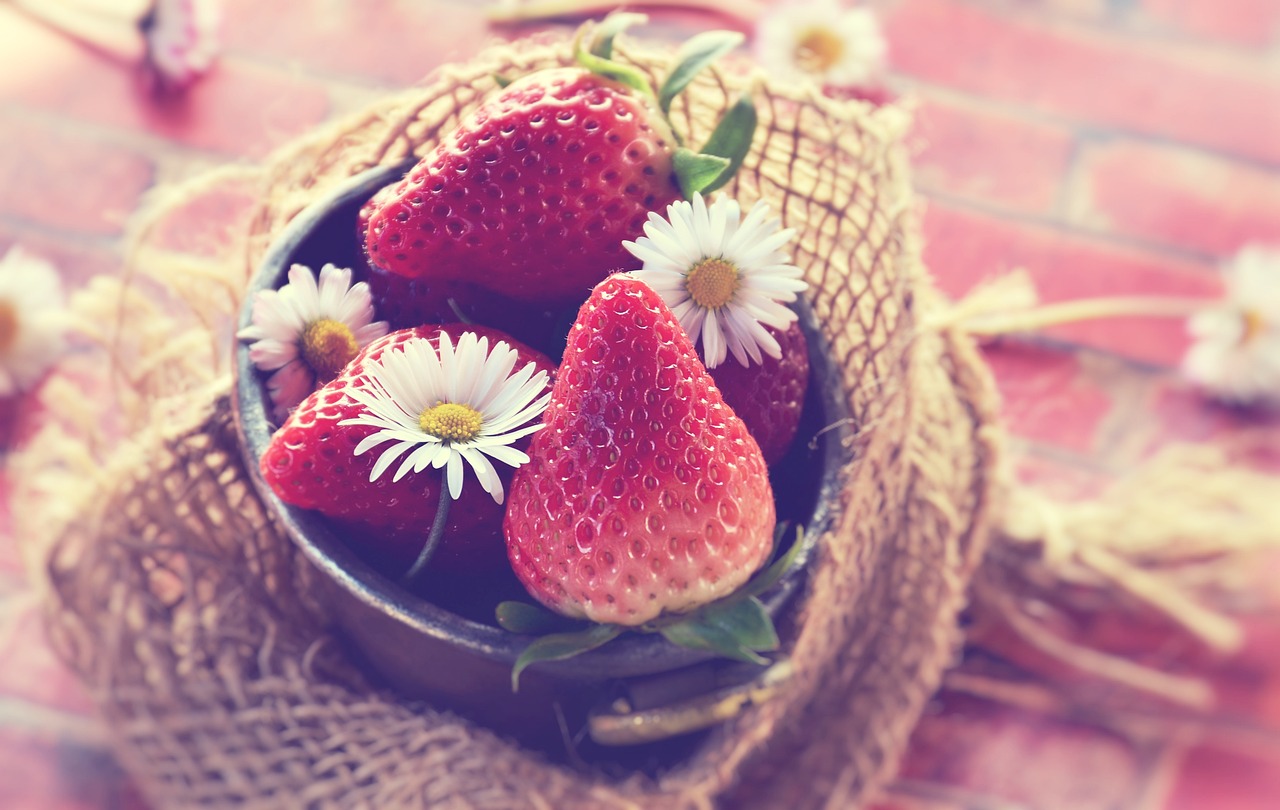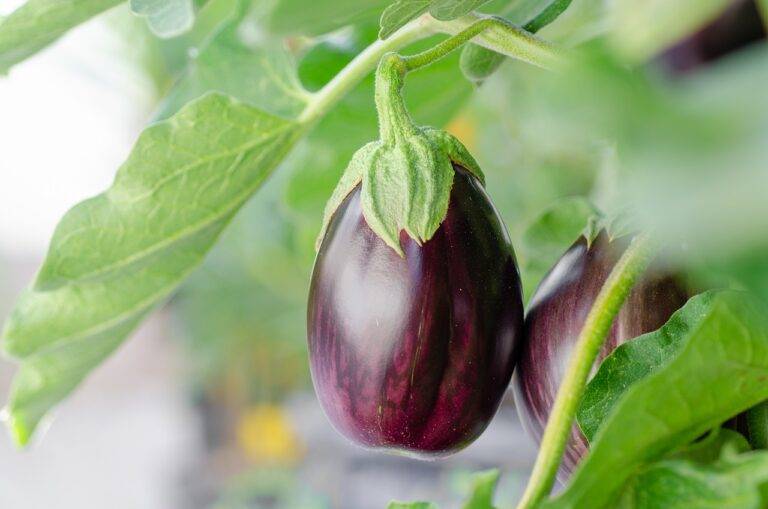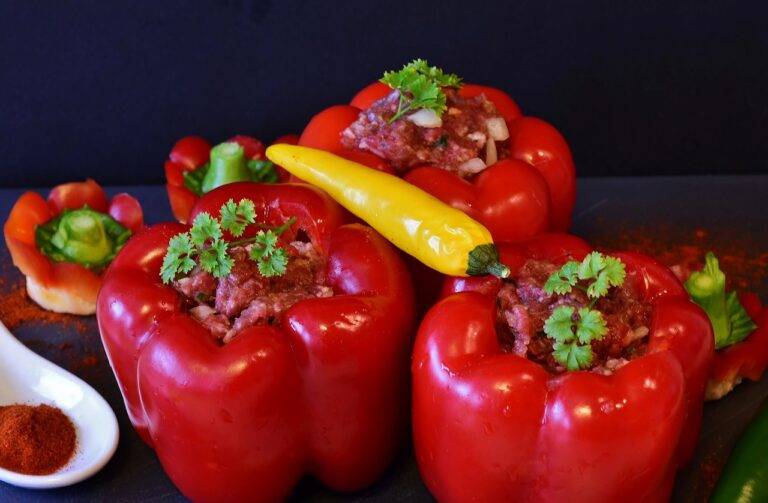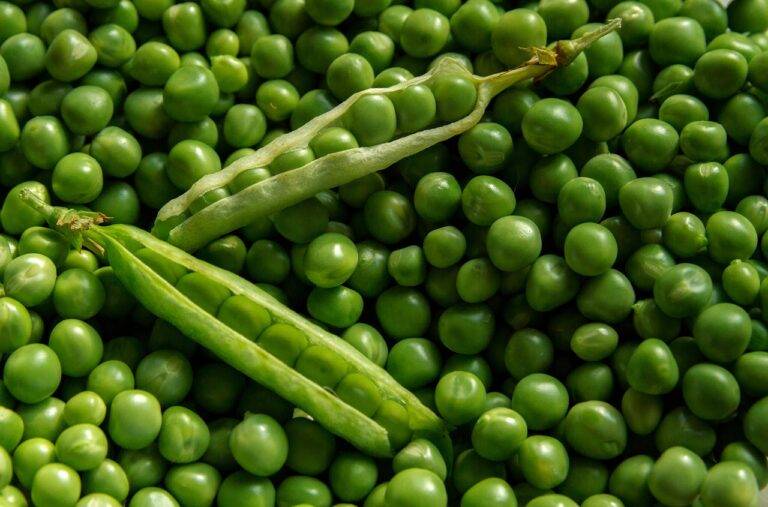The Cultural Significance of Food Rituals in Different Cultures
Food is not solely a means of sustenance; it encompasses deep-rooted cultural significance that reflects a society’s history, values, and beliefs. From the ingredients used to the way dishes are prepared and enjoyed, every aspect of food carries layers of cultural symbolism. In many cultures, recipes are passed down through generations, preserving traditions and connecting individuals to their heritage through the act of cooking and sharing meals.
Exploring the culinary traditions of a culture unveils a tapestry woven with stories, rituals, and customs. Food plays a central role in celebrations, ceremonies, and daily routines, acting as a unifying force that brings people together. Through a deeper understanding of the cultural significance of food, one can gain insight into the complexities and richness of a society’s identity and way of life.
Traditional Food Rituals in Asian Cultures
In Asian cultures, food holds a significant place beyond its nutritional value. Traditional food rituals are deeply intertwined with cultural beliefs, customs, and social interactions. These rituals not only encompass the preparation and consumption of food but also extend to the symbolism and meanings attached to different ingredients, dishes, and dining etiquette.
In Japan, the act of preparing and serving tea – known as the Japanese tea ceremony or Chanoyu – is a revered tradition that symbolizes harmony, respect, purity, and tranquility. The meticulous steps involved in the tea ceremony, from boiling water to whisking matcha powder, emphasize mindfulness and attentiveness in every gesture. This ritual highlights the importance of aesthetic beauty, simplicity, and the connection between the host, guest, and nature.
What role does food play in Asian cultures?
Food plays a significant role in Asian cultures as it is often seen as a reflection of history, tradition, and social relationships.
Can you provide examples of traditional food rituals in Asian cultures?
Some examples of traditional food rituals in Asian cultures include tea ceremonies in Japan, dim sum gatherings in China, and kimchi-making in Korea.
How do these food rituals contribute to the cultural identity of Asian societies?
These food rituals contribute to the cultural identity of Asian societies by preserving traditions, fostering social connections, and passing down culinary knowledge from generation to generation.
Are there any specific customs or etiquettes associated with food consumption in Asian cultures?
Yes, there are several customs and etiquettes associated with food consumption in Asian cultures, such as using chopsticks properly, serving food in a communal style, and showing respect for elders during meals.
How have modernization and globalization impacted traditional food rituals in Asian cultures?
Modernization and globalization have led to changes in traditional food rituals in Asian cultures, with some rituals being adapted or simplified to accommodate changing lifestyles and preferences. However, efforts are being made to preserve and promote these rituals to maintain cultural heritage.





